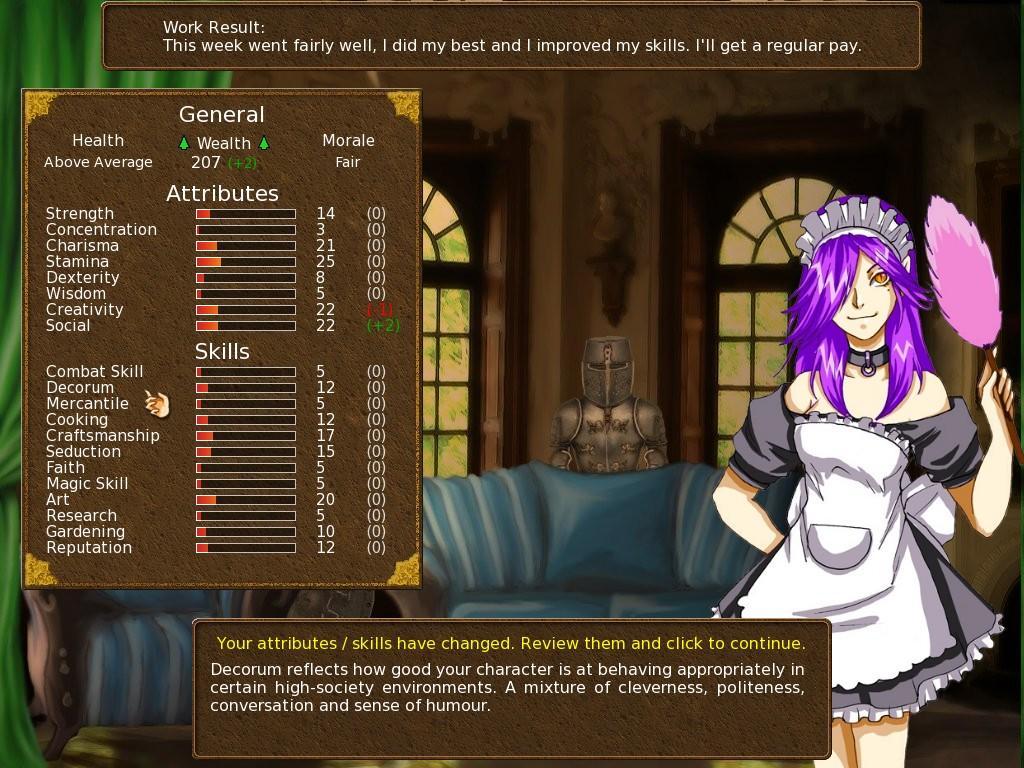
Cardinal John Henry Newman argued that it cheapened the experience of learning and was an impersonal form of information communication. Johannes Gutenburg’s invention of the moveable-type printing press in 1439 revolutionised the production of printed media.īy Victorian times, the availability of cheap reading materials led to concerns that print was having a damaging effect on society. Greek philosopher Socrates argued that writing destroys memory and weakens the mind by relieving it of work that makes it strong. Similar questions have been raised before about the popularisation of reading and writing. Has modern technology helped create a better connected society of happy, communicative citizens, or has it encouraged people to become more individually isolated, antisocial and separated from the real world? This increased immersion in screen-based media has contributed to a dramatic decline in the time people interact face-to-face.

Computers, digital television and mobile technology offer greater choice of how we consume media and have led to a rise in the time many people spend playing games, surfing the internet and watching television.

We live in a society dominated by screens. Face-to-face social interaction has fallen from six hours a day to two hours a day within the last 20 years. American adults spend an average of eight hours a day in front of screens. Kevin Kelly, co-founder of Wired magazine, 2008īritish teenagers spend an average of six hours a day in front of screens. “New technology is nudging the book aside and catapulting images to the center of the culture. Read more about Immersion Screen literacy Filming long periods of video helps Cooper’s models to forget they’re being photographed and results in natural moments of unguarded behaviour.

Shot through the screen, these images are single frames taken from high-definition video footage. Inspired by watching teenagers absorbed in computer games in Chinese internet cafés, Cooper’s portraits capture everyday people as they become immersed in different types of media.

We look at some of the issues explored in his series Immersion and Alter Ego. Robbie Cooper’s work examines the effects of increasing exposure to media, particularly online.


 0 kommentar(er)
0 kommentar(er)
